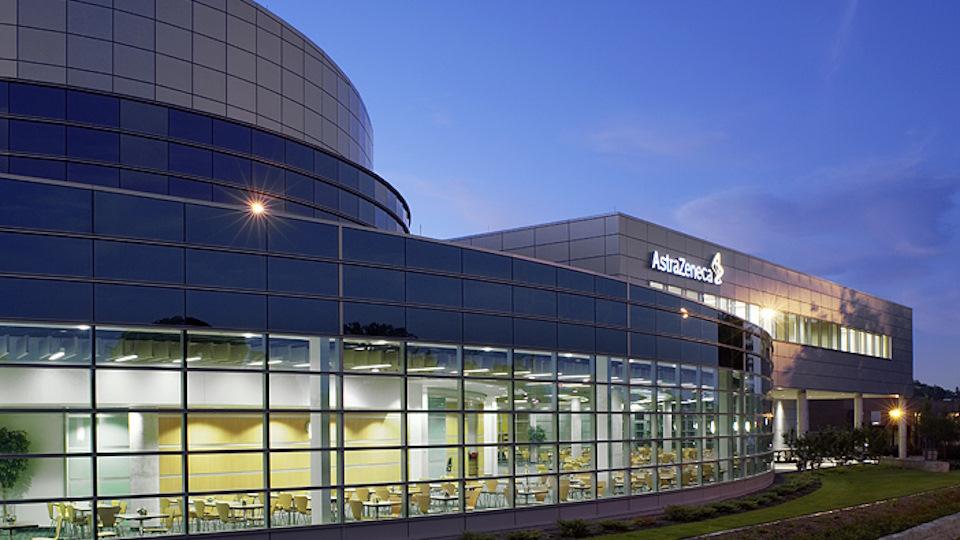AZ may get government aid for UK vaccines facility; report

The UK government is reportedly considering a financial aid package to encourage AstraZeneca to invest in an expansion of its vaccines manufacturing facility in Speke, near Liverpool.
The UK-headquartered pharma group could be in line for “tens of millions of pounds” in financial support for the project, according to the Financial Times, which has cited government officials briefed on the discussions.
A formal application from the drugmaker for up to £100 million ($127 million) in aid is anticipated in the coming weeks, said the newspaper, which suggests other UK sites in AZ’s network may also be considered.
If confirmed, the state aid package would be one of the largest offered by the UK government to a pharmaceutical group. It would also represent a shift in thinking for AZ’s chief executive Pascal Soriot, who last year confirmed a plan to build a brand new $360 million manufacturing facility in Ireland, rather than near its existing production hubs in Warrington and Speke in the northwest of England.
Soriot made allusions to the high level of corporate tax rates in the UK compared to Ireland, but there was plenty of speculation over other reasons for the decision, including problems with the voluntary scheme of rebates on branded medicines, access to green energy, which has become a priority for AZ under Soriot, and the decline of the UK’s clinical research capabilities.
Since then, there has been a new agreement with the pharma sector on a replacement for the voluntary scheme, efforts to improve the clinical research environment, and a new budget by Chancellor Jeremy Hunt that included several measures that were warmly received by the industry.
In the budget, a funding pot of £520 million was set aside for manufacturing to build resilience for future health emergencies, and a vaccines manufacturing plant would fall squarely into that category. Other measures included an extension of a tax break for investment spending, plans to accelerate approvals for capital investment projects, and a new R&D tax credit scheme aimed at providing incentives for innovation.
AZ’s CEO wasn’t alone in ringing an alarm bell about the attractiveness of the UK for pharma investment, and factors that could undermine the government’s plans for the country to become a life sciences ‘superpower’ on the world stage.
GSK CEO Emma Walmsley has also warned that there is a pressing need to reverse the decline in clinical trials, speed up regulatory approval of new medicines, and get new therapies available for use more quickly.
Meanwhile, MSD’s R&D chief Dean Li said at the groundbreaking ceremony for the company’s $1.3 billion research facility in London last October that the UK is at risk of losing out to other countries for large-scale investment projects as a result of clinical research obstacles and clawback taxes.
Life sciences remains one of the UK’s most successful sectors, worth over £94 billion to the UK economy in 2021, a 9% increase on the prior year.












